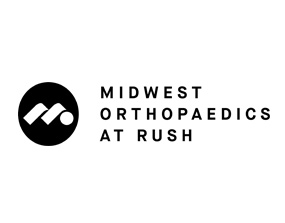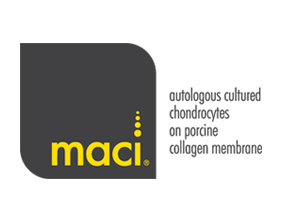ACL Injuries
Most recent studies show that anterior cruciate ligament (ACL) tears sideline more than 200,000 athletes each year. The majority of these injuries occur while playing agility sports, such as basketball, soccer, skiing, and football. ACL injuries are most often seen in males due to the greater number of male sports participants, but this statistic obscures the fact that female athletes?actually?have a higher risk of injury. NCAA statistics show that female athletes are two to eight times more likely to sustain an ACL injury.
Accelerated physical therapists and trainers agree that ACL injuries are on the rise. We attribute this development to young athletes specializing in one sport too early, playing a single sport year-round, and the increasing pressure to compete at higher levels. But there is good news. A recent study reported that athletes can reduce their risk of injury as much as 72 percent by engaging in a comprehensive knee strengthening and conditioning program.
Athletes who sustain an ACL injury requiring surgery can get back on the field with the help of a good surgeon, specialized rehabilitation, and a return to play program. At Accelerated, we are?committed to providing specialized rehabilitation programs to our patients, as well as customized return to play programs.?We also strive to ?educate athletes and parents on our 3P?s: Prevention, Progression, Performance.
Prevention
To help prevent an athlete from sustaining an ACL injury, Accelerated?s specially-trained ACL physical therapists use proven research to help a patient strengthen muscles surrounding the knee, core, hip, and lower leg. This, in turn, supports the knee?s ligaments, including the ACL.
Some of the Prevention program elements include:
- Stretching muscles which surround the knee, hip, core, and lower leg
- Strengthening the core, gluteus medius, and hamstring muscles
- Agility drills
- ?Identification of biomechanical flaws
- Jumping and cutting-specific exercises
Progression
Following ACL surgery, it is extremely important to work with a physical therapist trained in ACL rehabilitation. Typically, a physician will recommend that a patient undergo rehab for 12 weeks with a functional assessment at 14 weeks, 6 months, and one year post-op. Specially-trained Accelerated physical therapists have developed an expertise in ALC rehab over many years.
Performance
ACL re-injury can be as high as 20-30 percent. Thus, when an athlete has finished post-surgical rehabilitation, it is important to asses if he or she is ready to participate in sports with a limited risk of re-injuring the ACL. The Accelerated Return to Play program is a collaboration of several research-based programs. Customized for each patient?s sport, the program includes a fatigue component, which determines an athlete?s readiness after a workout or practice.
A physician or physical therapist typically recommends a return to play program at 12-14 weeks and then periodically thereafter at six and 12 months.
If deficits are identified, and the patient may be at-risk for re-injury, the physical therapist will discuss an individualized program with the patient and his or her physician.
Accelerated?s ACL Return to Play Program
Accelerated?s Return to Play specialists use a combination of assessment tools, including video analysis, to evaluate the patient performing the following?movements in order to guage if the athlete is ready to return to normal sports practice and play:
- Single leg squat test
- Drop-box?jump
- Tuck jump
- Lateral hop (ice skate hop)
- Double leg squat
- Single leg hop
- Lateral hop
- Cut 90* right
- Cut 90* left
- Ladder??Z? cutting
Click here for full podcast playlist.













